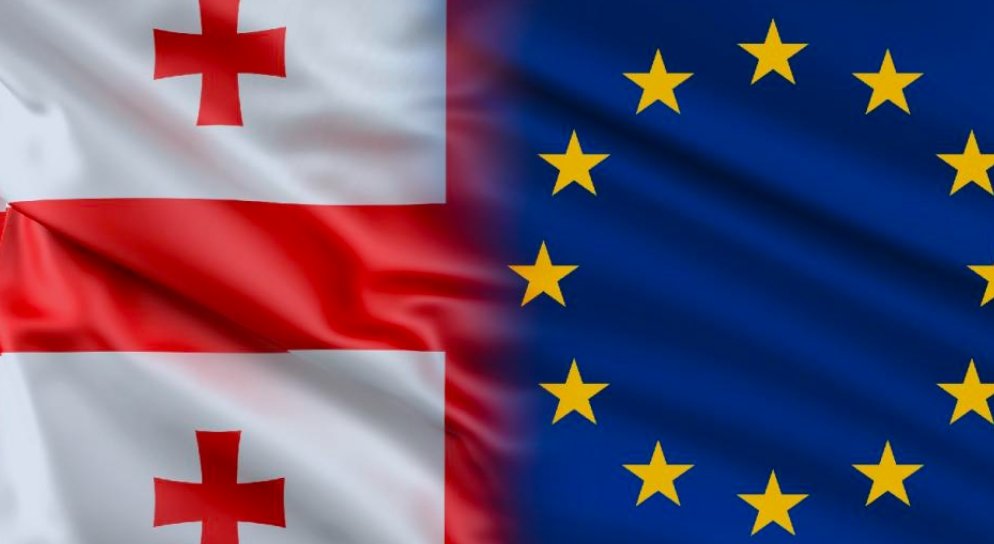Tbilisi, Georgia – The recent adoption of Georgia’s Bill on Transparency of Foreign Influence has sparked controversy and drawn attention from international observers. Josep Borrell, the European Union’s High Representative for Foreign Affairs and Security Policy, expressed concerns about the law’s alignment with EU values.
Background
The bill, aimed at increasing transparency regarding foreign funding and influence within Georgia, has been a subject of intense debate. While proponents argue that it strengthens national security and safeguards democratic processes, critics worry that it may inadvertently restrict civil society organizations and their activities.

EU’s Perspective
In a statement issued from Brussels, Borrell emphasized that transparency is essential but must not come at the cost of stifling civil liberties. He urged Georgian authorities to ensure that the law respects fundamental rights, including freedom of expression and association. The EU closely monitors developments in Georgia and expects the country to uphold democratic norms.
Key Concerns
- Civil Society: Borrell highlighted the need to protect civil society organizations, which play a crucial role in promoting democracy and advocating for citizens’ rights. Any legislation affecting their operations should strike a balance between transparency and enabling their work.
- Foreign Funding: While acknowledging the importance of knowing the sources of foreign funding, Borrell cautioned against overly restrictive measures. He stressed that legitimate advocacy and cooperation should not be hindered by bureaucratic hurdles.
- Democratic Values: The EU places great emphasis on democratic values, including transparency, accountability, and respect for human rights. Borrell urged Georgia to ensure that its laws align with these principles.
Georgia’s Response
Georgian officials have defended the law, emphasizing its national security implications. They argue that foreign influence, particularly from non-democratic actors, can undermine stability and sovereignty. The government maintains that the legislation strikes an appropriate balance and will be implemented fairly.
Looking Ahead
As Georgia navigates its path toward greater transparency, the challenge lies in addressing legitimate concerns while upholding democratic values. Borrell’s statement serves as a reminder that laws should empower citizens and civil society, not hinder their essential work.
